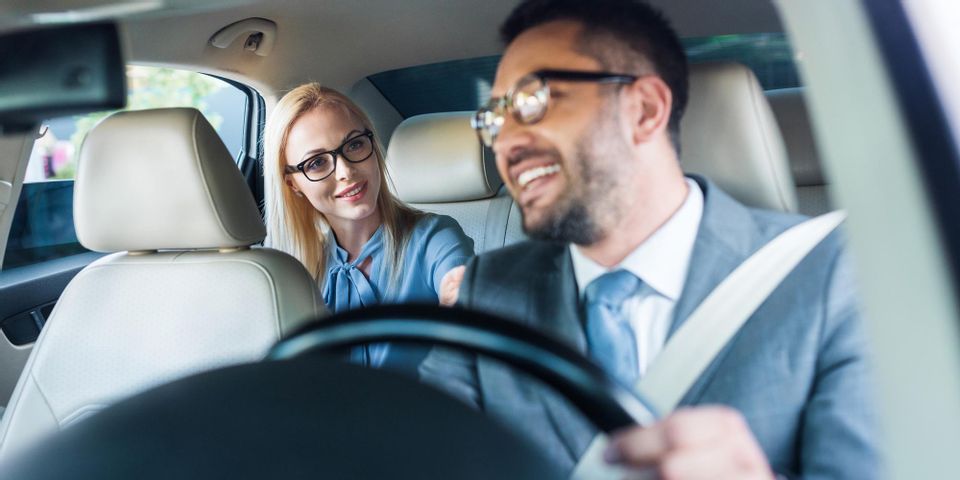A Brief Guide to Auto Insurance for Rideshare Drivers

With so many tourists and locals throughout the country depending on rideshare services, tons of people are becoming drivers. However, unlike taxi cab and bus operators, you’ll have to rely on your own vehicle to run your day-to-day operations. So how can you protect your car as both a personal and commercial asset? Learn more about this unique auto insurance need in the guide below.
What Policies Are Necessary?
Whether your state requires it or not, it’s crucial to have auto insurance as a rideshare driver. With the amount of time spent driving, you’ll be at an increased risk of accidents. A standard personal auto insurance plan will protect your car and offer liability coverage, which saves you from paying for another person’s medical bills or property damage after an accident.
This plan only applies if your car is for personal use. If you’re using your car to transport an Uber® or Lyft® customer when you get into an accident, you won’t be covered.
Luckily, these major ridesharing companies offer their own insurance coverage for employees. Once you sign on as a driver, you’re entitled to $1 million in primary liability coverage when picking up or transporting a passenger. If you get into an accident after accepting a fare, you’ll be covered by up to $1 million in damages.
You must have collision and comprehensive coverage in your personal auto insurance policy for Uber or Lyft to help out. If you do, Uber and Lyft will cover the cash value of your vehicle after you pay a deductible.
What Policies Should I Consider Adding?
 While ridesharing companies offer protection after accepting a fare and while transporting passengers, they won’t protect you while you’re driving around waiting for a fare to appear. If you get into an accident while waiting for a passenger or driving home after a shift, you’re on your own.
While ridesharing companies offer protection after accepting a fare and while transporting passengers, they won’t protect you while you’re driving around waiting for a fare to appear. If you get into an accident while waiting for a passenger or driving home after a shift, you’re on your own.
To protect your car and your bank account at all times, consider adding a ridesharing endorsement to your policy. It covers drivers while you wait for the rideshare company’s protection to kick in, and you can customize the add-on to offer additional liability or collision damage coverage.
If you drive for Uber or Lyft full-time, you might want to consider getting a commercial policy instead, as this will offer the maximum amount of coverage for vehicle damage and liability. Since ridesharing is relatively new, not all insurance carriers offer the endorsement, so if you’re not willing to switch, a commercial policy might be your only option.
If you’re hoping to learn more about auto insurance regulations in Connecticut, get in touch with Kalita Agency of Watertown today. They offer both commercial and personal policies, so you can find the coverage that meets your needs. This independent agency can also help you bundle your coverage to save money on your premiums, whichever carrier you choose. Visit their website for more information or call (860) 274-8882 to request an insurance quote.
About the Business
Have a question? Ask the experts!
Send your question

